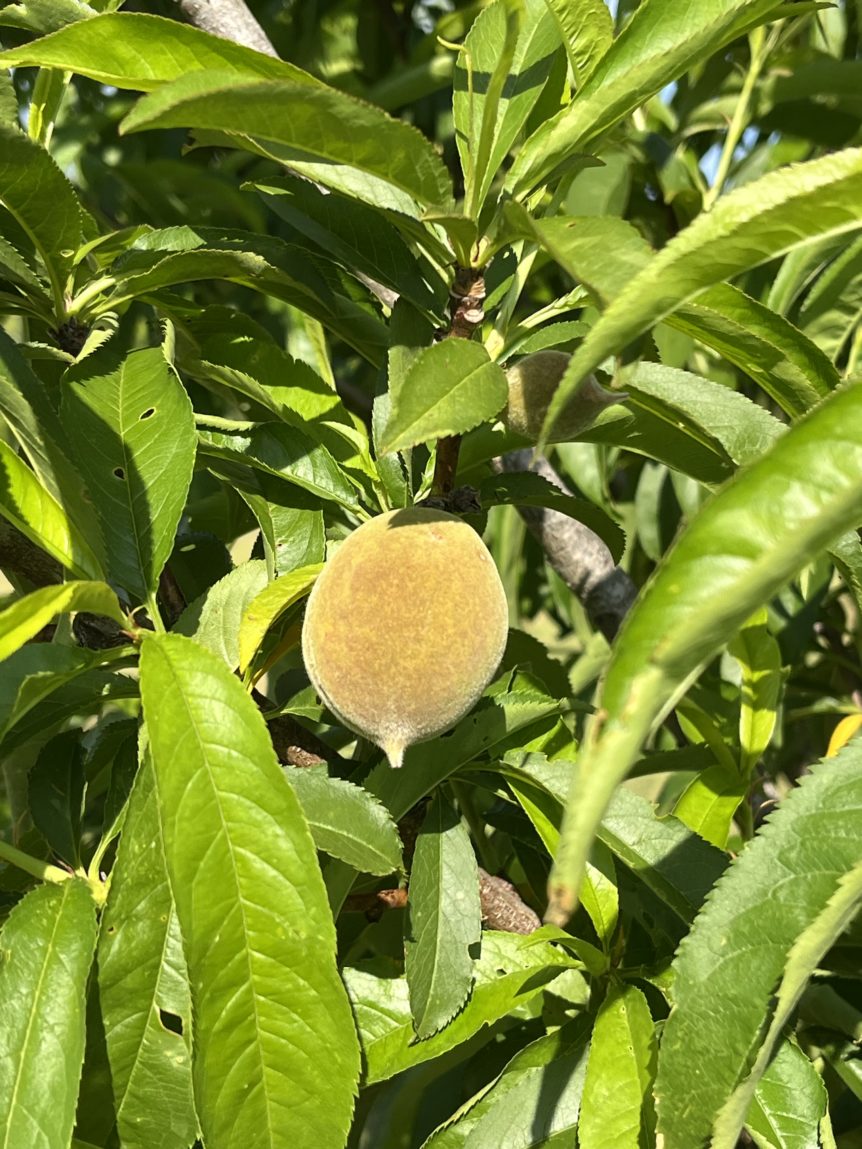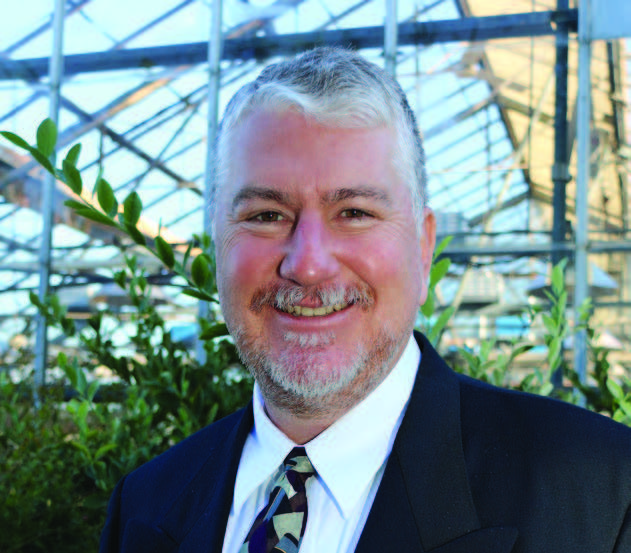Some things are inevitable every year for Southeast peach producers. That late-season frost event that could damage peach production for the upcoming season unfortunately tops the list. Even though chill hours are no longer a concern, peach farmers are worried that if temperatures warm up in the next several weeks their crop would be vulnerable to a late freeze. “Unfortunately, …
Freeze Effect: Peach Producers Wary of Late-Season Frost
Chill hours are no longer a concern for peach growers in Alabama and Georgia. So, what is their biggest worry heading into the spring? “March 28, the full moon in March. We always tend to have some cold in that full moon in March. But with it being later, maybe we’ll be out of the woods and in the clear. …
Chill Hours a Concern for Peach Producers
Peach trees need chill accumulation every fall and winter to produce a substantial crop the following season. Edgar Vinson, assistant research professor and Extension specialist in the Department of Horticulture at Auburn University, is concerned Alabama producers may be lagging behind. “We’re still a little concerned about having enough chill by the end of this month. Typically, we’d like to …
Peach Producers Have New Tools in Fungicide Toolbox
Southeast peach producers have new tools in the fungicide toolbox for the 2021 season. According to the UGA Peach Blog, Cevya, Miravis and Miravis Duo and Chairman are new products that growers need to implement in a way that will allow for efficient and protect against resistance development. University of Georgia Extension fruit disease specialist Phil Brannen said Cevya is …
San Jose Scale Problem for Peach Producers
By Clint Thompson Brett Blaauw, University of Georgia assistant professor in the Department of Entomology, says the time is now to treat San Jose scale crawlers which are peaking in peach orchards. “Right around late June, early July and then again in August, we see these real high populations of their larvae, the crawlers. Crawlers are also susceptible to insecticides. …
Sweet Turnaround: Bountiful Peach Crop for Georgia Producers
By Clint Thompson Mid-April arrived, and with it came a spring heat wave for the first time this year. The threat of freezing temperatures should be over, meaning peach growers can celebrate. “We should have plenty of peaches,” said Jeff Cook, University of Georgia Cooperative Extension agriculture and natural resources agent for Peach and Taylor counties. “Now, our sales force …
Cold Temperatures Benefit Peach, Grape Producers
By Clint Thompson Consecutive days and nights of cold temperatures were just what the doctor ordered for peach producers and grape growers in the Southeast. They allowed farmers to obtain much needed chill hours. Grape producers also received help in managing Pierce’s Disease. University of Georgia Cooperative Extension fruit disease specialist Phil Brannen highlights the benefits that this week’s 20-and …
Producers Be Aware of Phony Peach Disease
Peach producers need to be mindful of Phony peach disease. According to the UGA Peach Blog, Phil Brannen, University of Georgia Cooperative Extension plant pathologist, cautions growers that if a tree is diagnosed with the disease, they need to destroy the tree immediately. They also need to remove it from the orchard to prevent further spread of the Xylella fastidiosa …
Two New Peach Cultivars Released
Peach producers now have two new cultivars to consider as part of their farming operations. The U.S. Department of Agriculture (USDA) Agricultural Research Service (ARS) stone fruit program in Byron, Georgia announced it has released two new early season peach cultivars named ‘May Joy’ and ‘Cardinal Joy.’ May Joy requires at least 650 chill hours and produces yellow-fleshed, clingstone fruit …
Spotted Lanternfly’s Potential to Transmit PD a Problem for Georgia Grape Producers
By Clint Thompson The potential of spotted lanternfly (SLF) to transmit Pierce’s disease (PD) is a problem for Georgia grape producers. That’s because the insect will eventually make its way to Georgia, believes Phil Brannen, University of Georgia (UGA) Cooperative Extension fruit disease specialist. “It’s another thing that may be able to vector Pierce’s disease. This is very early in …












